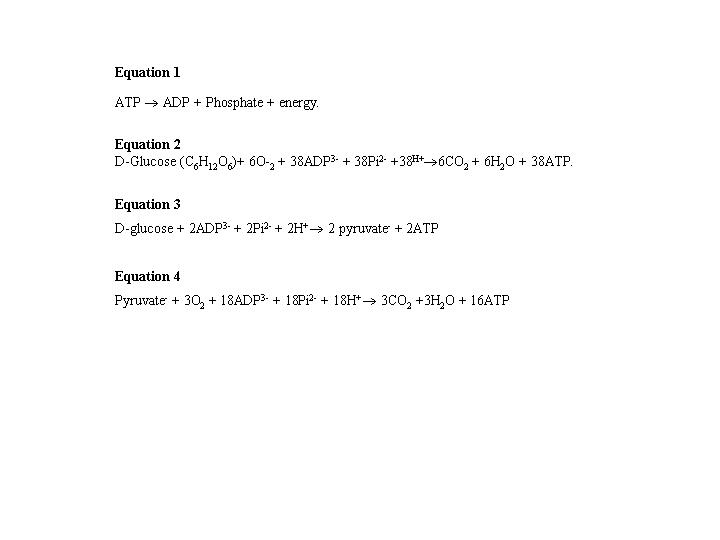You seem to be asking two closely related questions here that I shall deal
with in turn.
1. How is lactic acid produced in muscles?
2. Why is lactic acid produced in skeletal muscle but not cardiac
muscle?
So here we go.
1. How is lactic acid produced in muscles?
For most processes in the body to occur, including muscle contraction, the body needs the chemical adenosine triphosphate (ATP). I will start with some equations about the production and breakdown of ATP and then discuss how this results in the production of lactic acid. The equations are found in the figure.

The body utilises ATP to produce adenosine diphosphate (ADP) by Equation 1
The generation of ATP from the breakdown of Glucose is shown by Equation 2.
This occurs in 2 stages shown by equations 3 and 4
Stage 1 (Equation 3) is termed glycolysis and takes place in the cytoplasm of all cells. Stage 2 (equation 4) takes place in specialised structures within the cell called mitochondria. These mitochondria are sometimes nicknamed "the work houses of the cell" because their primary role is for the generation of large quantities of ATP.
The important point is that stage 1 takes place in the absence of Oxygen whilst stage 2 produces much more ATP but has a high demand for Oxygen.
At the end of stage 1 two things can happen to Pyruvate. In the presence of mitochondria and oxygen, it can go onto stage 2. If oxygen and/or mitochondria are in short supply then the pyruvate is converted into lactate, which can be released into the muscle as a waste product lactic acid. This can then be removed from the muscle by the blood.
That is the biochemistry of the production of lactic acid. Further details of this can be found in any Biochemistry textbook or in good A-level (age 16-18) biology textbooks.
2 Why is lactic acid produced in skeletal muscle but not cardiac muscle?
Skeletal muscle has periods of high demand for work and periods of rest, where as cardiac muscle has to keep working all the time, contracting at a rate of 30 to 220 times a minute for the human heart non-stop for over 100 years in some cases.
Compared with cardiac muscle, skeletal muscle has fewer mitochondria in the cells (to produce ATP from pyruvate) and a less plentiful supply of oxygen carrying blood. Therefore at times of high activity to generate ATP to drive muscle contraction skeletal muscle will breakdown glucose to pyruvate, which will be converted to lactic acid. Then at times of rest the lactic acid will be removed from the muscle and may be converted back into pyruvate to be utilised by mitochondria to produce ATP.
The heart, on the other hand is the first organ to be provided with oxygen rich blood after it has left the lungs. As oxygenated blood is pumped out of the heart the majority goes off round the body but some goes immediately into the coronary arteries that supply the heart. Then the heart muscle cells contain large numbers of mitochondria. Therefore, the heart is always capable of completely metabolising the glucose to CO2 and H2O. As the heart never gets a chance to recover from periods of high activity it cannot afford to generate lactic acid to utilise in times of rest.
There is just one exception when this may occur. When one suffers a 'heart attack', this is caused by one or more of the arteries supplying the heart with oxygenated blood becoming blocked. Therefore, a region of the heart will not receive a plentiful supply of oxygen and so this region will start to produce lactic acid. This situation cannot be sustained for a long time, it can cause severe damage to the tissue that is not receiving sufficient oxygen, and this is what causes the pain. This demonstrates how important it is that cardiac muscle does not generate lactic acid under physiological conditions.
I hope that this has made things a little clearer for you.
Regards,
Dave Burton.